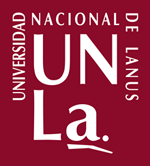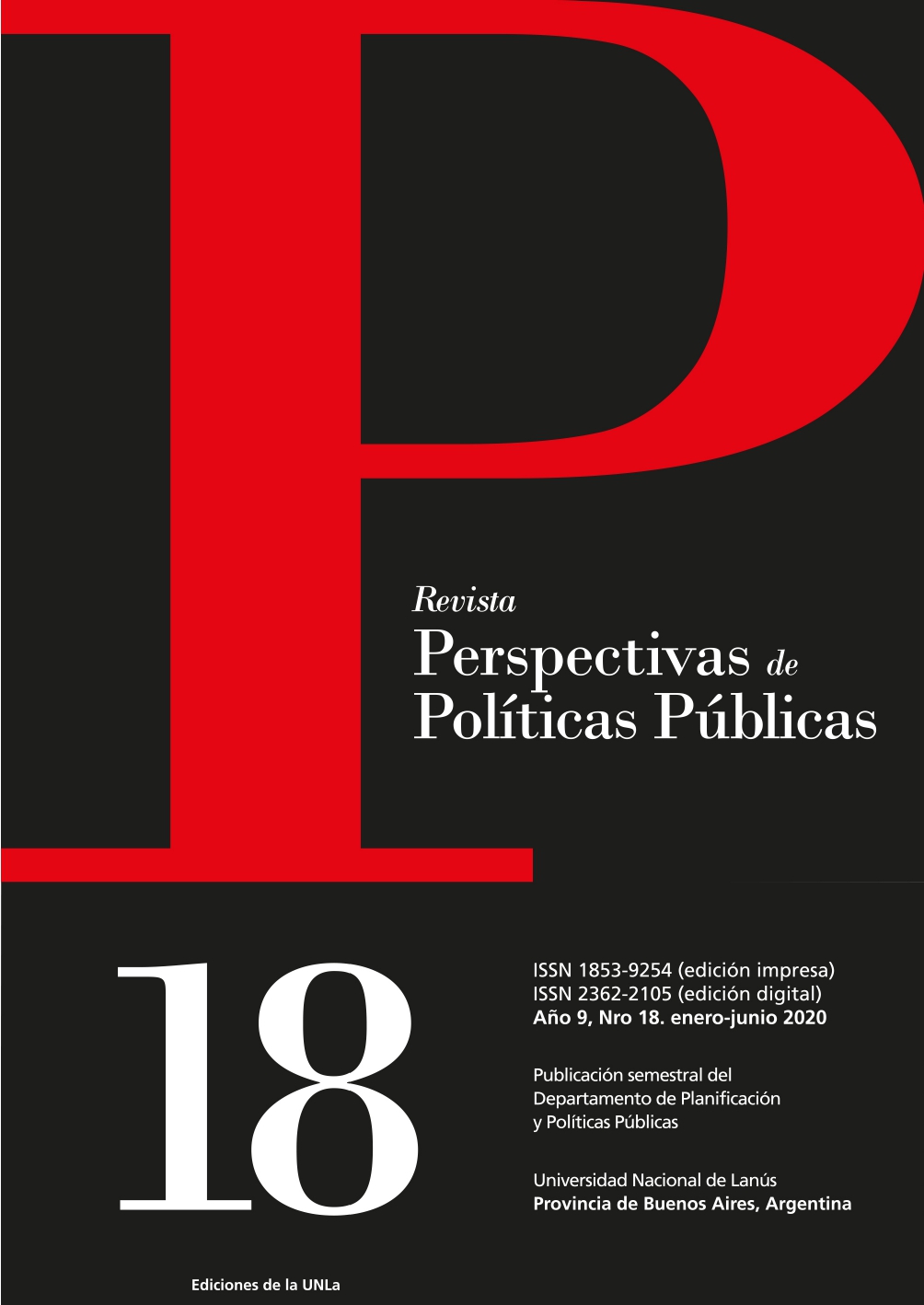No. 18 of the Perspectives of Public Policies Magazine Editorial
Abstract
This issue of the Review begins with an article by the Mexican economist Arturo Guillén Romo on the main tensions in the world economy and trade since the 2007-08 crisis and the recession of the following years. It highlights the loss of land of the United States in production, international trade and foreign direct investment, although preserving a clear military advantage. One conclusion that it is possible to extract the text is the configuration of a scenario in which it is plausible to expect a consolidation of control by the United States over its areas of influence, including Latin America, as part of its strategy against the European Union, Russia and especially China. In this context, the condition of EE. USA As a majority shareholder of the IMF, he raises an element of particular complexity regarding the strategy of re-profiling the external debt and vis-à-vis the multilateral organization, which represents one of the ingredients of the US-Argentina bilateral relationship. Guillén Romo's text allows us to discern the scenario in which Argentina will move, trying to take advantage of the reconfigurations of power relations at the global level. The following three articles approach the territorial dimension of social processes and the ways in which they are determined from different angles, but complementary. The text by Lucas Ferrero and Alejandro San José analyzes the formation of the Argentine socioeconomic and demographic structure and the dynamics of population agglomeration and expulsion from the periphery in the peripheral regions, stories from the Northeast and Northwest regions. In counterpoint from the territorial point of view but as a complement to the synergy between protocols and regulations, structural trends and performance of private actors, the article by Verónica Pérez and Jorge Sánchez sets its sights on the organization and performance of the motor transport sector public transport in the Metropolitan Region of Buenos Aires and its variations in the last ninety years, and the importance of this service in the design of the area throughout almost a century. For its part, the work of Letizia Vazquez, Sergio Andrés Kaminker and Renata Hiller reconstructs how a national public policy differentially impacts different territories according to local socioeconomic contexts and different actors. The differential results of the program in two localities allow us to affirm the importance of local networks when formulating a national policy. The popular economy, or social economy, has proven to be, in its multiple expressions and spheres of development, much more than a survival resource for those excluded from the labor market by the regressive dynamics of neoliberalism. The articles by Claudia Cabrera and María Victoria Deux Marzi focus from various angles on the rich problems offered by the articulation between popular organization, insertion in commercial relations and modalities of state intervention. Cabrera's research in the Buenos Aires suburbs aims to analyze the strategies of social reproduction of the homes of the popular economy that live in neighborhoods that were accessed outside the formal real estate market. According to the author, the popular economy finds its conditions of possibility in the territory; therefore there is a rationality of adaptation to the environment by those who join it; This means that it is not possible to explain the particularities of the reproduction strategies of households outside the territories they inhabit. Frequently the specificity of the modes of labor insertion in these contexts collides with the taxonomic systems of framing of the occupations of the workers; hence the inadequacy of conventional statistical categories to account for the variety of concrete situations that arise, thus posing a theoretical and methodological challenge to conventional forms of social research. Deux Marzi's article reconstructs the policies of the national state promoting the popular economy between 2015 and 2019, a period of government in sharp contrast, in this as in many other aspects of public policy, with which it preceded it. His vision encompasses both the public organizations that during that period managed the policies related to the sector, as well as the programs carried out, the actors involved and the various types of intervention. The author highlights the predominant orientation of interventions lacking a broader and more inclusive approach to the various modalities of the popular economy, which could have promoted productive and labor strategies. Obviously, the predominant paradigm in the theoretical and philosophical conceptions of neoliberal administration - centered on individualism, interindividual competition, entrepreneurship - went against the community and solidarity dimension, which is one of the central characteristics of the schemes of the economy. popular. The following two articles, although dedicated to different topics, raise the necessary adaptation of the large intellectual categories that guide the design of institutions and public policies, with the need to narrow the gap between these designs and their effective implementation, the product of a variety of factors derived from the scenarios or the actors involved in different ways in this dimension of politics. Matías Mattalini presents a case study of the system for the promotion and protection of the rights of children and adolescents in the province of Buenos Aires. In it, he distinguishes various paradigms or models of approach: social representations derived from practices, devices and structures that address the problem according to the dominant vision of an era. The author adopts the position of the coexistence of paradigms assuming that, when exploring the institutional daily life of organizations dedicated to this problem, a plurality of practices emerge that tend to establish from below an institutionality based on institutional co-responsibility. Appealing to the categories of analysis of the political philosophy of Raymond Williams, María Alejandra Bowman and Mariana Tosolini focus their gaze on the implementation of two public policies in recent Argentine history, in individual moments of profound sociopolitical and ideological differentiation, present in the policies under examination: the Adult Educational Reactivation for Reconstruction Campaign developed between 1973 and 1975, and the Youth with More and Better Work Program created in 2008. According to the authors, Williams' analytical categories contribute to clearing the dynamics of resignification of the policies, between the definitions formulated from the state instances, the administrative interventions of the policy managers, and the meanings that the subjects assign to the normative prescriptions from their links with the institutions, to their conceptions of the world and the way these are lived. A proposition whose scope goes far beyond the policies examined, insofar as it points to the conceptual and operational gap that usually exists between the design of policies and their effective implementation.






